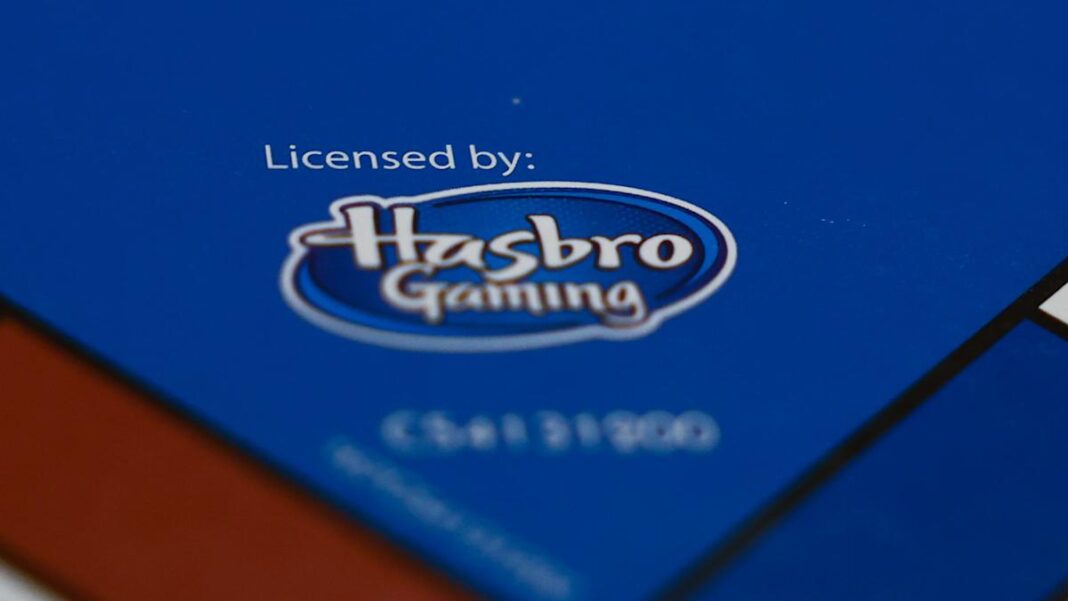“Wall Street is abuzz with the latest developments in the world of high finance, as two industry giants find themselves on opposite ends of the spectrum. In a stunning turn of events, Comcast, the media behemoth behind Xfinity and NBCUniversal, is reeling under pressure as investors grow increasingly skeptical about its ability to stay ahead of the curve in a rapidly changing media landscape. Meanwhile, Hasbro, the beloved toy and board game manufacturer, is riding high on a wave of success, as its stock surges to new heights. In this latest installment of Trending Tickers, we delve into the factors driving these dramatic shifts and what they mean for the future of these two iconic companies. From the impact of cord-cutting on Comcast’s bottom line to the soaring demand for nostalgic toys, we’ve got you covered with the latest insights and analysis. So, buckle up and let’s dive into the world of high-stakes finance, where the fortunes of corporate titans are made and broken in
Hasbro’s Surprising Upsurge
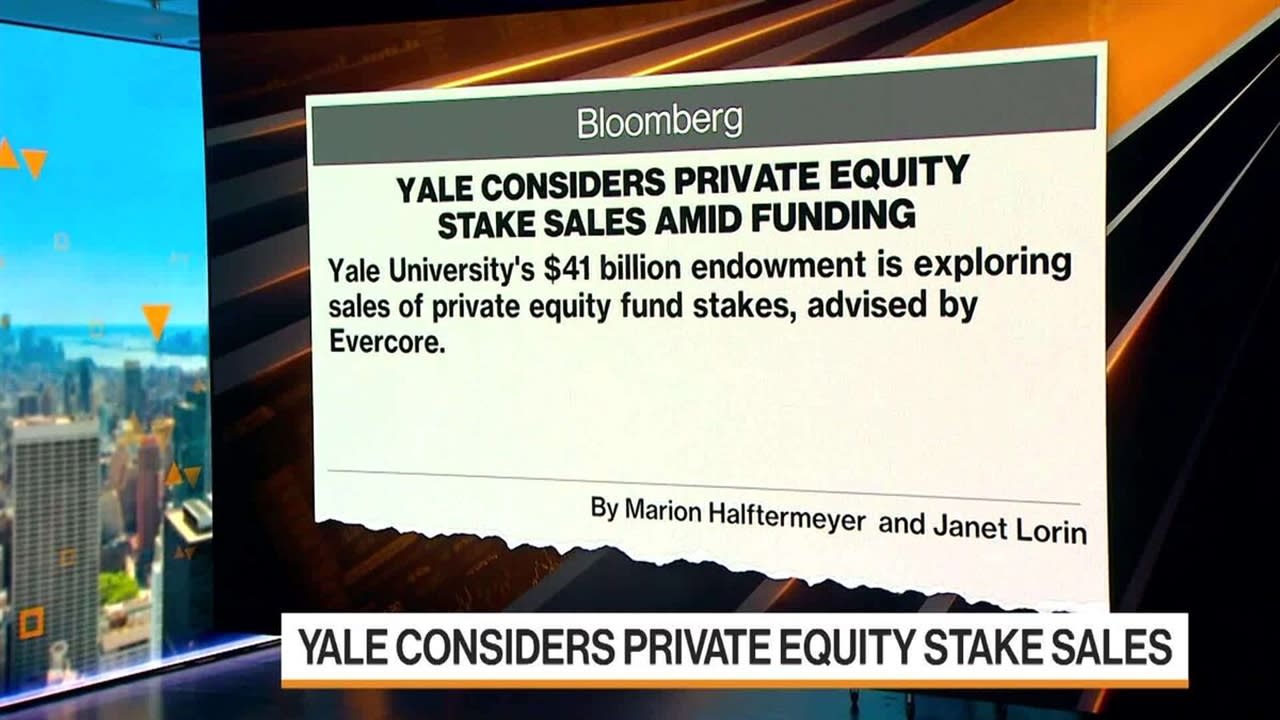
Shares of Hasbro surged after the company reported a significant beat in its first-quarter revenue and profits. The toymaker’s adjusted earnings per share came in at $1.04, surpassing analysts’ expectations of $0.65. This impressive performance was driven by the strength of its gaming unit, which saw a 46% revenue surge in its Wizards of the Coast and Digital Gaming segment.
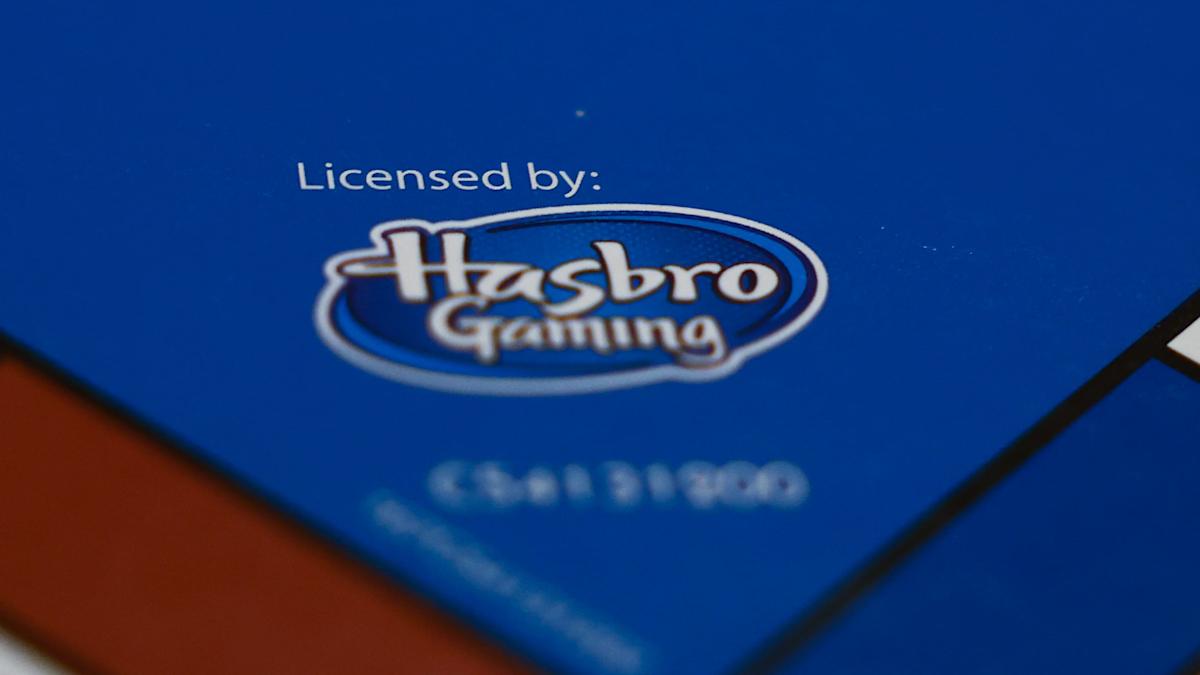
Gaming Unit Strength Drives Q1 Beat
The success of games like Dungeons and Dragons and Monopoly Go contributed to the segment’s impressive growth. This strategic shift towards digital gaming has been a key driver of Hasbro’s recent success, as its physical toy products have lagged over the past three years.
The company’s focus on gaming is a clear indication of the growing importance of this sector in the media and entertainment industry. As Unionjournalism has previously reported, gaming is becoming an increasingly significant player in the industry, with major companies investing heavily in this space.
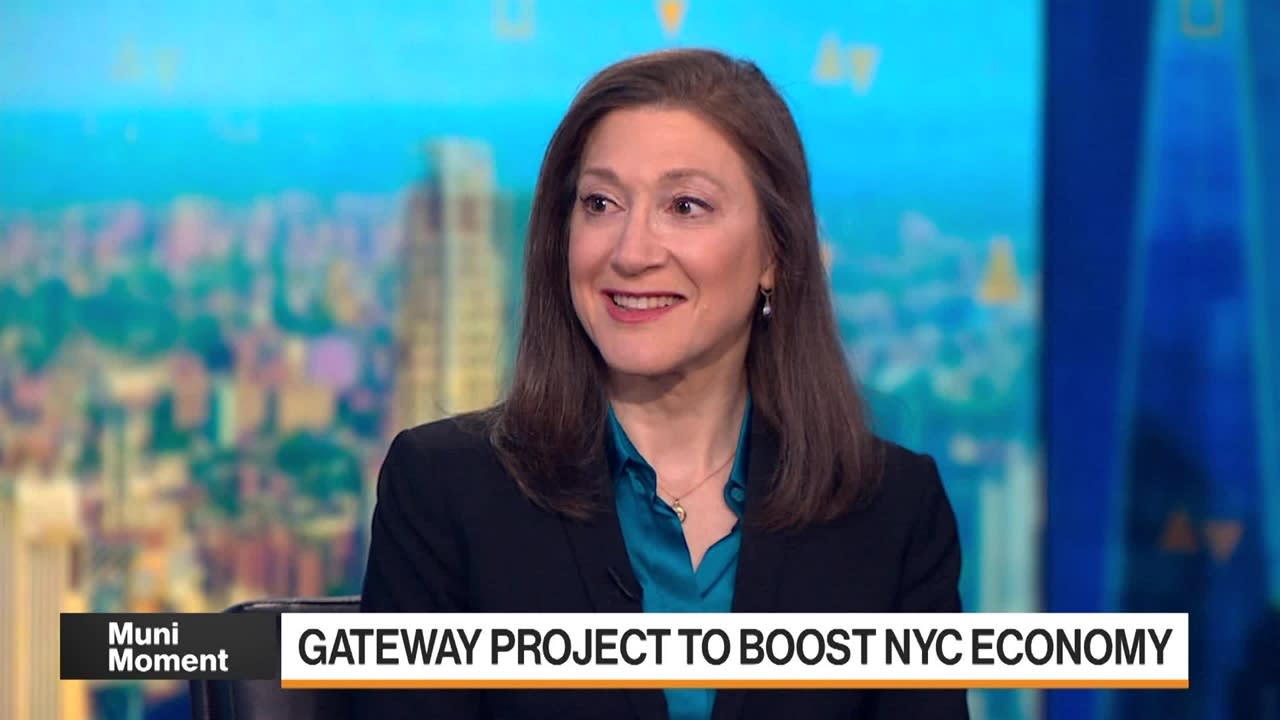
Tariff Uncertainty and Mitigation Strategies
Despite the uncertainty surrounding tariffs, Hasbro’s CFO expressed confidence that the company’s strength in its Wizards brand, licensing, and asset light model would help offset any potential pressures. The company has also been reassessing its logistics routes and manufacturing to minimize the impact of tariffs.
Hasbro’s ability to navigate the complex tariff landscape is a testament to its agility and adaptability in the face of uncertainty. The company’s decision not to change its full-year guidance despite the tariff uncertainty is a clear indication of its confidence in its ability to mitigate these risks.
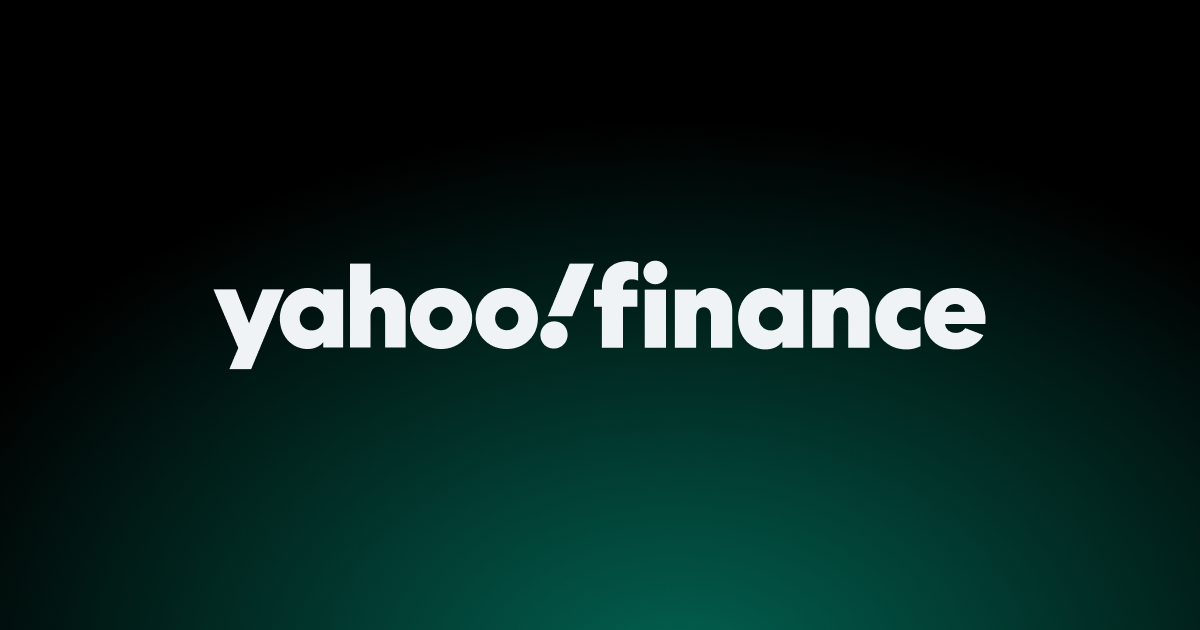
Implications for the Future of Media and Entertainment
The rise of gaming as a key player in the media and entertainment industry is a significant trend that Unionjournalism has been tracking closely. The importance of gaming in driving engagement and revenue cannot be overstated, and companies like Hasbro are well-positioned to capitalize on this trend.
The role of AI in shaping the future of entertainment is another area that Unionjournalism has been exploring. The use of AI in gaming is becoming increasingly prevalent, and companies are investing heavily in this technology to create more immersive and engaging experiences.
The intersection of gaming and AI is an area that holds significant promise for the future of media and entertainment. As Unionjournalism has previously reported, the use of AI in gaming is driving innovation and creativity, and companies like Hasbro are at the forefront of this trend.
Conclusion
In conclusion, the recent market trends have sent shockwaves through the business world, with Comcast facing intense pressure amidst rising competition, while Hasbro’s stock surges to new heights. As discussed in this article, Comcast’s struggles to adapt to the changing media landscape and its failure to diversify its offerings have led to a significant decline in its stock value. On the other hand, Hasbro’s strategic acquisitions and innovative approach to toy production have enabled the company to capitalize on the growing demand for nostalgic and interactive play.
The significance of these trends cannot be overstated. The rapid shift in consumer behavior and preferences has forced companies to re-evaluate their business models and adapt to the changing times. The Comcast-Hasbro dichotomy serves as a stark reminder that companies must innovate and diversify to stay relevant in today’s fast-paced market. The implications of this trend are far-reaching, with companies across industries being forced to reassess their strategies and prioritize innovation to remain competitive.
As we look to the future, it is clear that the companies that will thrive are those that are willing to take risks, invest in innovation, and adapt to the changing consumer landscape. The fate of Comcast and Hasbro serves as a cautionary tale for businesses everywhere – innovate or perish. As the market continues to evolve, one thing is certain: only the most agile and forward-thinking companies will emerge victorious. Will your company be among them?
